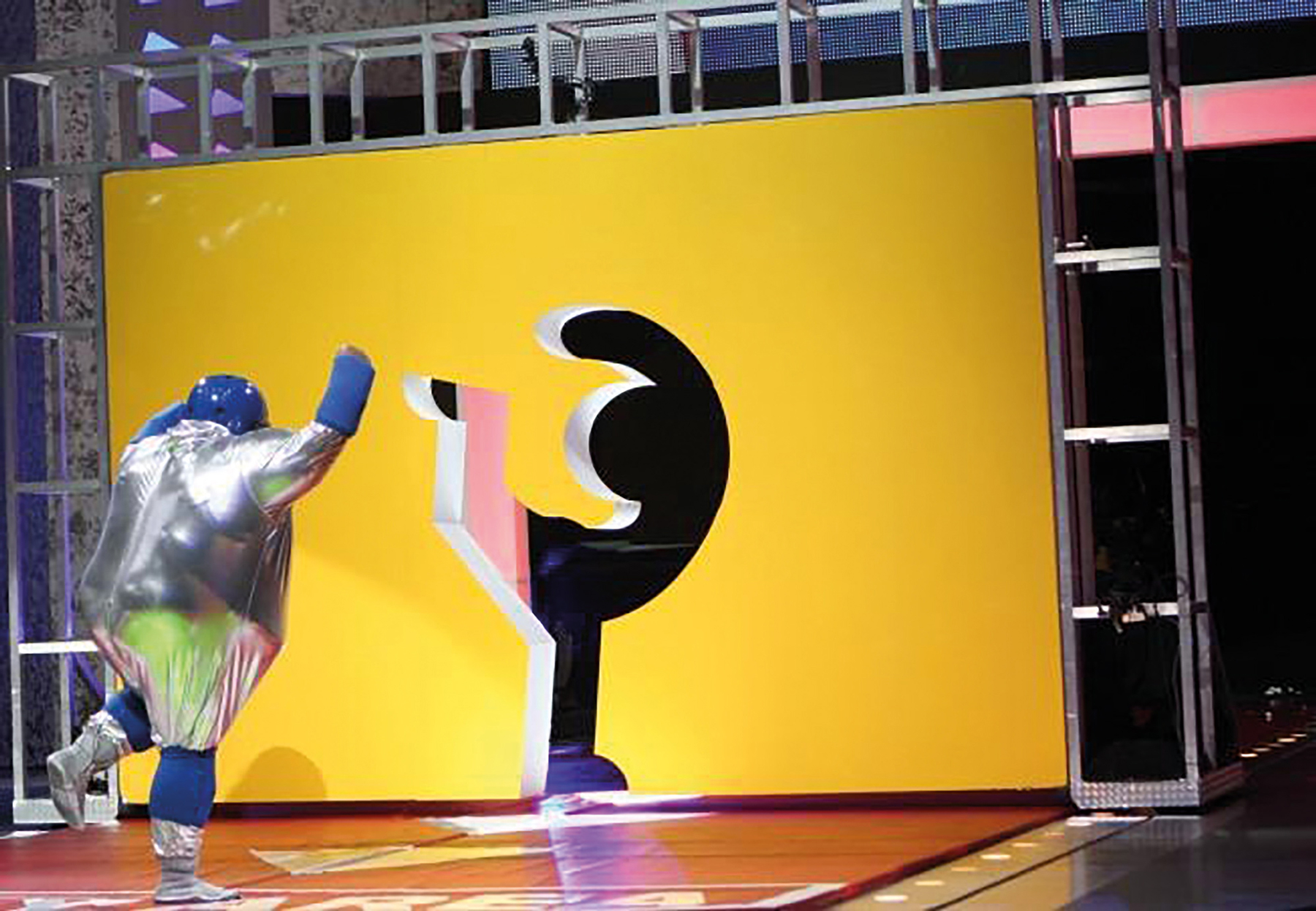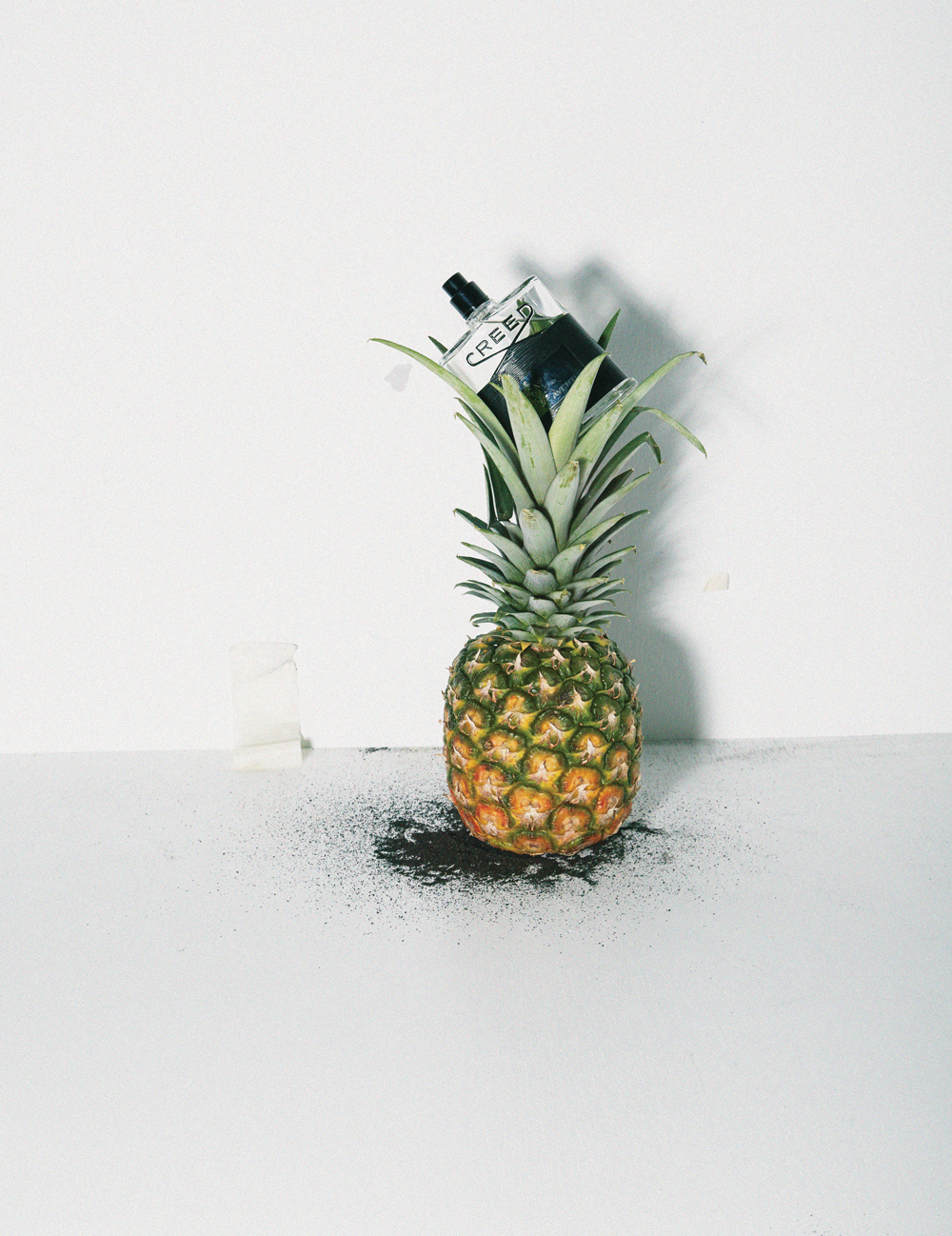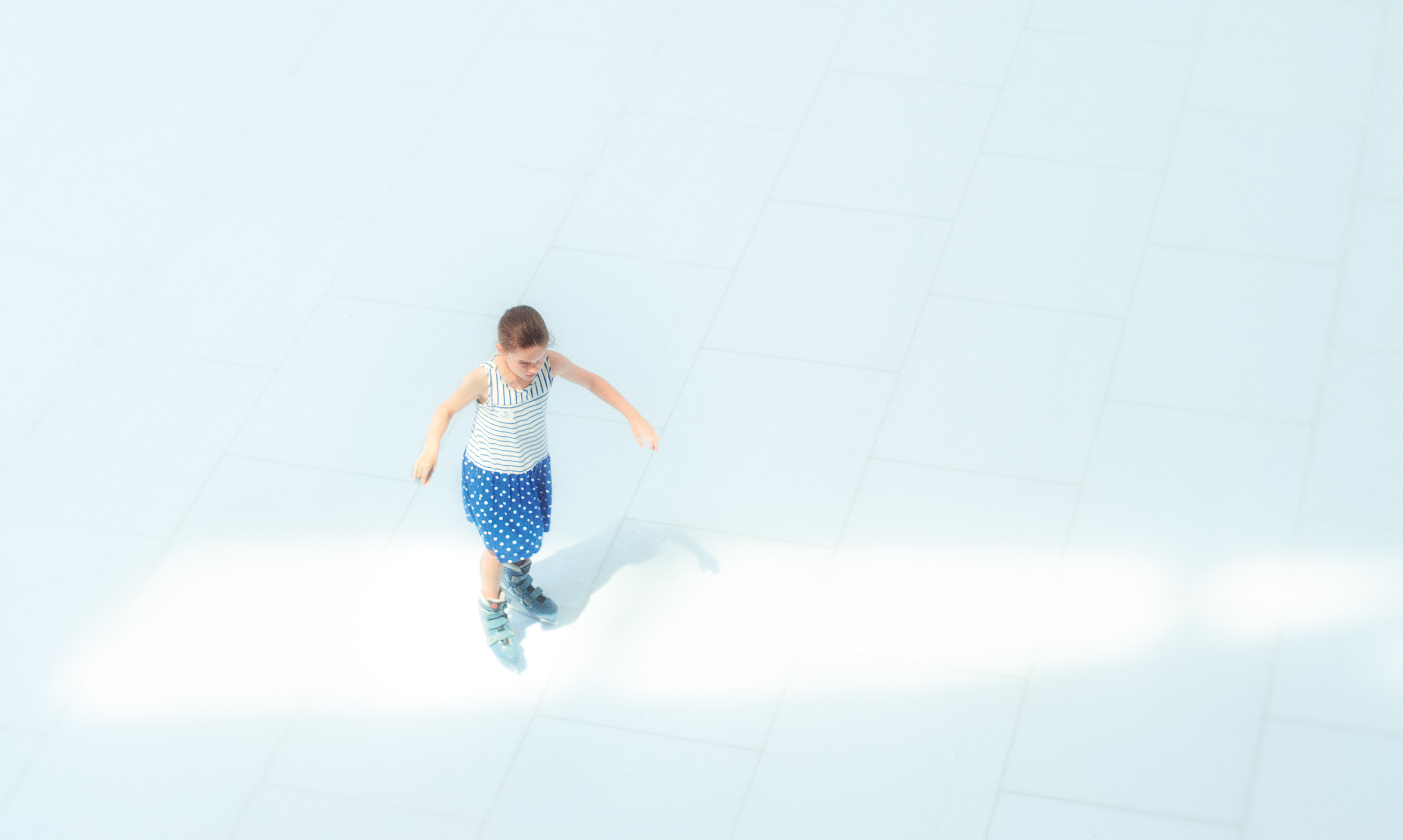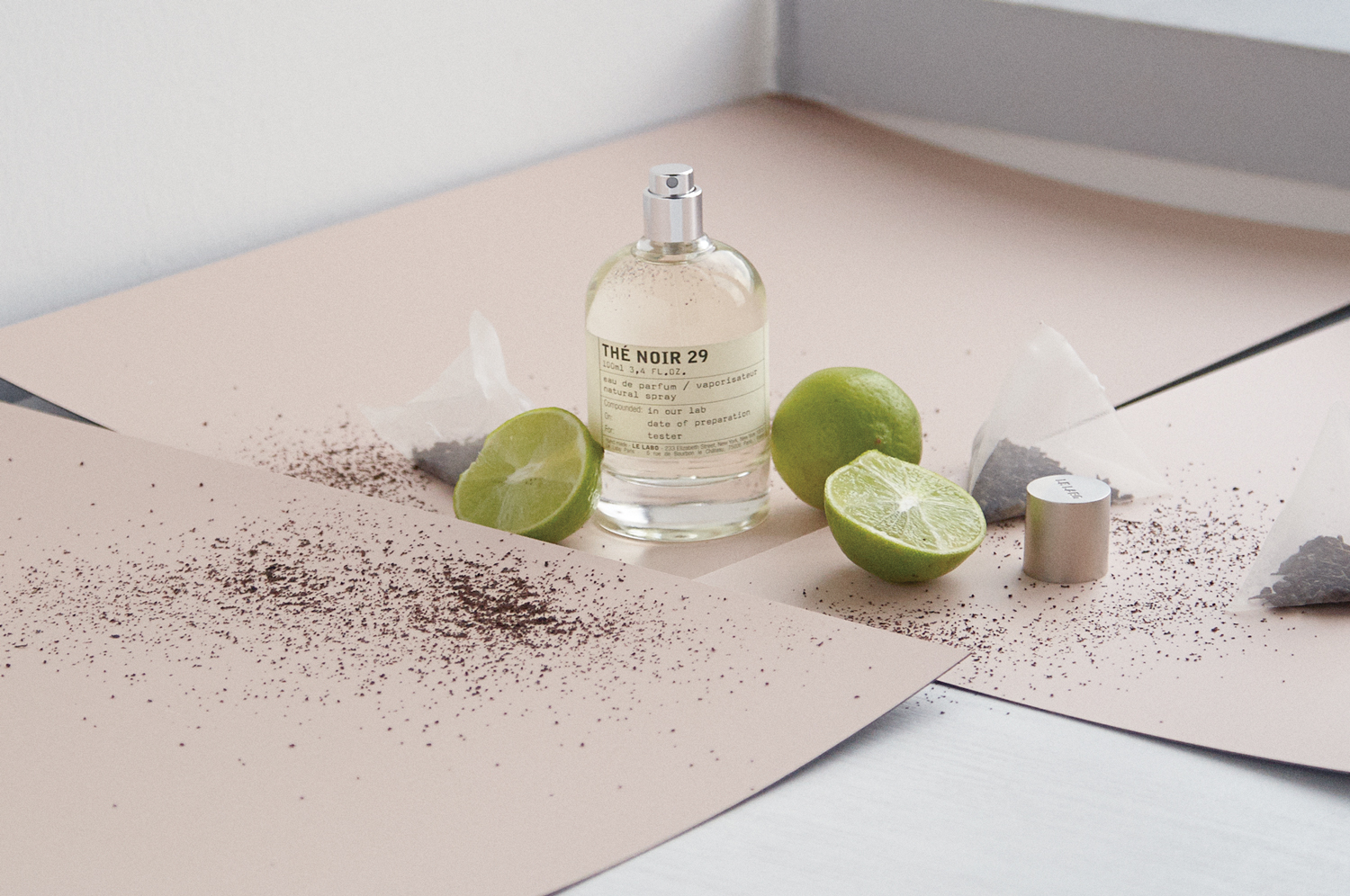Vulture & Montblanc Presents:
A Literary Anthology
A Literary Anthology
by Rebecca Tan
Facts, accurate as they may be, are rarely enough to seem like the truth. There always appears to be these spaces in between facts—those which contextualize how facts connect, accumulate, contradict, depart and above all else, thrust upon us emotions and identities that can be agonizing in their complexity.
Here at Vulture, we navigate these spaces with art and narrative. Born in Singapore but distributed across the world, the magazine not only alternates between, but intertwines and conflates local and global sensibilities. We strive not to prioritize one aspect of our identity over the other, but to explore the nuances involved in our particular reality.

Literature is one of the greatest mediums of this exploration. The act of writing used to parse the emotions and subtleties of a complex existence, a sentiment shared by German pen-makers Montblanc, who deeply value the physical experience of the written word. In this issue, we collaborate with Montblanc to explore this reality with three Singaporean writers: Pooja Nansi, Theophilus Kwek and Kirsten Chen. All three writers, like us, were born and raised in Singapore, but possess a breadth in their commentary that is held together with one distinct voice— their own. To that end, we invited them to respond to the following prompt:
Have you had a moment where your immediate surroundings inspired the realization of some truth? An interaction with a physical or social space that shifted your perspective and prompted some kind of internal revolution?
ABOUT THE AUTHOR
Pooja Nansi is the author of two collections of poetry, Stiletto Scars and Love is an Empty Barstool. She is the co-editor of an anthology of Singaporean Poetry and the co-author of a teacher’s resource for Singaporean poetry. Since April 2013, she has been curating a monthly spoken word and poetry showcase called Speakeasy which plays to packed audiences and has showcased poets from places as diverse as Burma and Botswana. She runs the Singapore chapter of Burn After Reading, a collective started for young emerging poets. Her one woman show You Are Here was showcased as part of the Esplanade’s Studios season for 2016. She was the NAC-NTU Writer in Residence for 2015-2016 and an educator and writer, she is committed to making poetry relevant to the lives of the people she comes in contact with.
Questions & Answers
by Pooja Nansi
In Helvetica,
bold and underlined, font size 48.
The lesson we can learn is Be Prepared.
The case study in reference is
Pompeii. There are pictures of human figures
petrified, caught unaware, their limbs
gnarled in a casing of ash and pumice.
They tell me that they know some of the residents
may not understand English,
so they will also print the brochures
in Chinese.
They are only seventeen
and very happy with how
inclusive they have been,
how they have educated an entire community
to react to emergencies like a fire.
I ask them if they would like to take
any further steps. They think hard
and with a sudden proud blaze
of realization on their face,
say
maybe they could also print them
in dialect. Since some of the elderly
may not really speak Mandarin.
Is that all I ask?
They look puzzled. What more do I want?
What I’m saying is, what about
my friend Prakash’s grandmother
who is Chinese but was adopted by an Indian family
and only reads
Tamil, or my friend Shoma’s deaf old aunt
who probably only speaks
Bengoli or my friend Firdaus’ grandmother
or the uncle who locks up the school campus,
Pakcik Hud, whose wife only speaks Malay?
Do they know Malay is our National Language?
What about Liana’s father who is eighty-nine and doubled over
his walker and can barely mumble Selamat Pagi, but
struggles to form the words anyway?
I think of them drooling over a brochure in English, Mandarin and Hokkien
running their fingers over the coloured pictures in puzzlement.
I think of the old woman who stays on the 24th floor of my apartment block
who cannot read
at all.
ABOUT THE AUTHOR
Theophilus Kwek studied History and Politics at Oxford University, where he also served as President of the Oxford University Poetry Society. He won the Jane Martin Prize in 2015 and the New Poets Prize in 2016, and is the author of three collections of poetry, most recently Giving Ground (Ethos Books, 2016). He presently works with Asymptote and the Oxford Culture Review.
A Traveller’s Guide To Paradise
by Theophilus Kwek
Down Jamaica Road at mid-afternoon, round ‘Sam’s Gents’ on the corner, the approach to Paradise is sheltered by a rank of maples. Here, by the docks, you’ll find a suburb on a raft of buried rivers: the largest, the Neckinger, empties into the Thames nearby.
This neighbourhood, hemmed by Bermondsey Wall and St Saviour’s Dock, was once a needle’s eye through which the world arrived in England. It was here that the Mayflower’s passengers gathered before crossing the Atlantic, and where the first tunnel under the Thames was dug.
Over time, alluvial silt made these wharfs unsuitable for modern craft. Shipping moved towards the sea, while trade vanished into the stock markets. The river and its bankside lights were used by German bombers on their way to Westminster, and after the war wrecked mansions made way for public housing.
If you look hard enough, you’ll see prams full of grocery-bags by the stairs, gaps sawn in the fence, St George’s crosses tied to TV aerials.
I wish you could see him too, here in snug, post-Brexit London. After months at sea, Prince Lee Boo came to Paradise Row in July 1784 with Captain Henry Wilson of the East India Company. Wilson’s ship, the Antelope, was wrecked near Palau a year before, and his crew, stranded on the island, befriended the king and his family.
As they left for England, a young prince travelled with them to see their strange country. His father hoped he would become an Englishman. He tied knots in a rope to remind him of home. When they arrived, he went to school with the neighbours and saw an early hydrogen balloon flight.
It was an era of new things. History records that the prince wished he could tell his father ‘the number of fine things the English had got’. But in December, Lee Boo contracted smallpox; no treatments worked, and the prince died two days after Christmas.
You wonder, what would the prince say if he were here today? Tarred and straightened, Paradise Row has become Paradise Street. Doors are closed to the August heat, and dust gathers on battered cars. Boys smoke in the shade of a ruined palace across the block.
But he is here. He’s never left. In every era princes have passed through this city, arriving from every continent – on the M3 and M20, on the tarmac at Heathrow, Gatwick, Luton. They’ve brought their tastes and tongues, and their fathers’ ideas of Englishness.
Like you and I, they’ve come and found Paradise on this side-street, this very nondescript estate. Look at the stranger walking his dog, empty-handed. Doesn’t he look familiar? Wouldn’t you like to say hello?
ABOUT THE AUTHOR
Kirstin Chen is the author of the novel Soy Sauce for Beginners, which was a Kindle First selection, an O, The Oprah Magazine book to pick up now, and a Glamour book club pick. A former Steinbeck Fellow in Creative Writing, she holds an MFA from Emerson College and a BA from Stanford University. She has received awards from Sewanee, Hedgebrook, and the Napa Valley Writers’ Conference. Her short stories have appeared in Zyzzyva, Hobart, and the Best New Singaporean Short Stories anthology. Born and raised in Singapore, she currently lives in San Francisco.
Context
by Kristen Chen
At the fancy restaurant with the view, the elderly waiter calls my husband joven as he refills his wineglass. I don’t get why my husband bristles. The term seems innocuous, affectionate even. Besides he looks undeniably young for his age. But my husband insists the waiter was being disrespectful, belittling. Later, we Google “is joven a derogatory term?” and learn that here in Mexico, they often refer to people by their physical descriptions—gordo-a, flaco-a, viejo-a—without meaning any harm. This new information doesn’t change my husband’s mind. “It’s all contextual,” he says, and I admit then that the waiter had been a tad chilly, a shade brusque. Did we order too little? Drink too sparingly? Were we too cheerful, too American? Or, might the waiter have had a headache, or a sore back? Had he just received a distraught phone call from his mother, his son, his wife? Was his daughter in trouble again, coming home late with her hair in her face, her cheeks and lips flushed, remnants of the kohl she’d applied after leaving the house still smudged around her eyes. Just the other night, his wife had wrenched the girl’s stick arm, trying to get close enough to sniff her breath, and the girl had opened wide and bared her eye teeth and chomped down on her mother’s nose as though it were an apple! But I’m getting carried away. Perhaps the waiter is simply an introvert in an extrovert’s job, weary of smiling, making small talk, and describing every last speck and wisp on those fussy, complicated plates.





